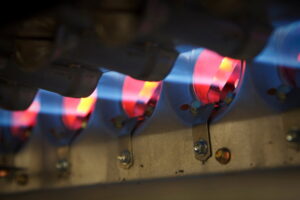You’re having issues with your furnace and you’re not sure what to do about it. It’s working, but not working well. When deciding whether it’s time to call for furnace repair in Brentwood, TN, there are a lot of reasons why homeowners hesitate. They’re not sure that the problem requires a timely repair or they could be worried it’s due for a replacement.
When it’s not something major like your heater not turning on, it’s easy to ignore the subtle signs that your furnace’s performance is suffering. Let’s go over the factors that are usually taken into account when we’re determining if your furnace would be better off getting repaired or being replaced. Hopefully, that’ll eliminate any fears you have when contemplating scheduling service.


 This blog post also could have accurately been titled, “How to Ensure Your Gas Furnace Operates Safely.” That said, we aren’t insinuating that gas powered furnaces are inherently dangerous. We’re not out to incite panic among homeowners. However, not taking care of your gas powered furnace could potentially make it dangerous.
This blog post also could have accurately been titled, “How to Ensure Your Gas Furnace Operates Safely.” That said, we aren’t insinuating that gas powered furnaces are inherently dangerous. We’re not out to incite panic among homeowners. However, not taking care of your gas powered furnace could potentially make it dangerous.